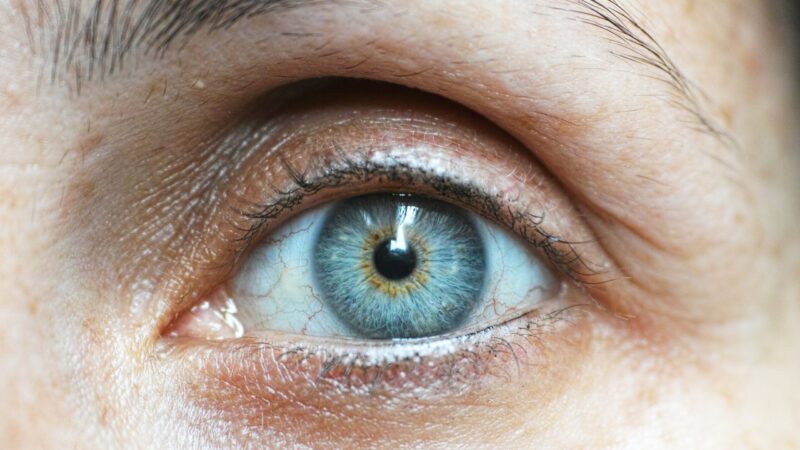
People with diabetes who are at lower risk of a serious eye condition are being informed of changes to the screening process.
From October, the NHS Diabetic Eye Screening Programme will start re-screening people at lower risk of diabetic retinopathy (a condition which can cause blindness) every two years. Previously they were screened once a year.
Patients assessed at a higher risk will continue to be screened more frequently.
Recommendation
This change follows a recommendation by the UK National Screening Committee after a large study showed it was safe to invite people in this lower risk group every two years. Scotland, Wales and Northern Ireland already follows a two-year screening process.
The new process will see all patients due to be screened from October this year informed if they require a re-screen within one year or two. This clinical judgement is dependent on their risk of developing diabetic retinopathy.
All patients will have the process fully explained to them by trained staff who will be able to answer any questions they may have.
Preventing sight loss
Sue Pott, Diabetic Eye Screening programme lead for North Tees and Hartlepool NHS Foundation Trust, said: “Diabetic eye screening is important as it helps to prevent sight loss by detecting the condition early before the patient notices any changes to their vision. We want to assure everyone that this change follows an extensive study which shows screening every two years is enough for those at low risk from developing diabetic retinopathy.
“People at higher risk will continue to be screened more regularly and anyone who notices any changes to their eyesight should contact their optometrist or optician straight away.”
More information about the NHS Diabetic Eye Screening Programme, can be found on the NHS website.
